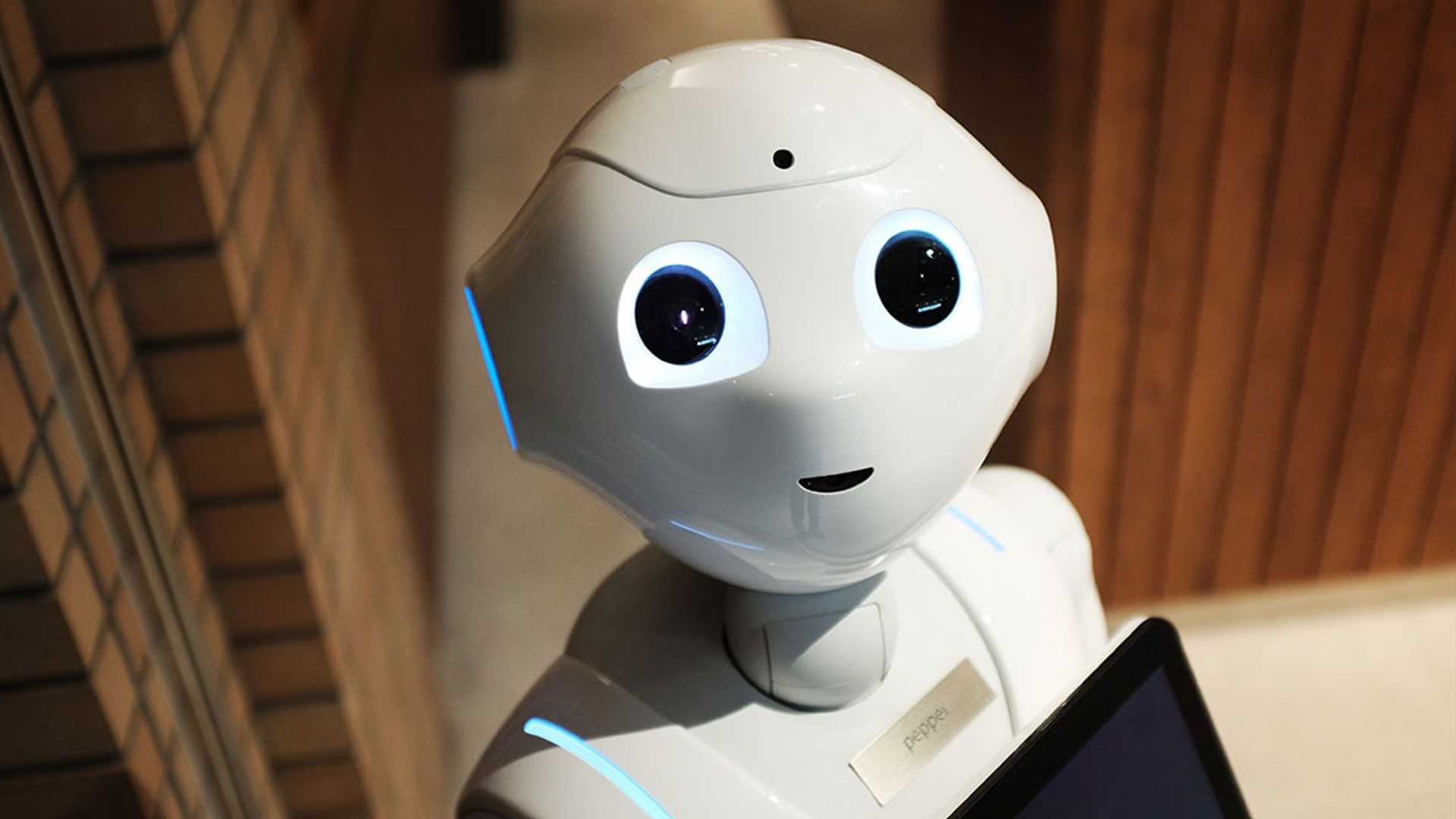ChatGPT vs Doctors: Question of Empathy
Recently, a study published in JAMA Internal Medicine compared the responses of physicians and artificial intelligence chatbot assistants regarding patient queries asked publicly on the social media forum Reddit's r/AskDocs. The study found that ChatGPT’s responses were not only comparable in quality to physicians’ responses but also rated significantly higher for empathy. However, the question remains, does ChatGPT outshine doctors in terms of empathy?
While some scholars are excited about the prospect of generative AI’s potential to revolutionize healthcare, others remain skeptical about the way physicians approached public questions in an online forum, suggesting that it is their incentives rather than their abilities that are responsible for less empathetic responses. David Dranove, the Walter McNerney Distinguished Professor of Health Industry Management at Northwestern University's Kellogg School of Management, along with Craig Garthwaite, the Herman R. Smith Research Professor in Hospital and Health Services, are examining the utility of generative AI and LLMs in the medical space and identifying the specialties that may be most at risk for substitution.
The researchers published in JAMA suggest that if generative AI can answer more patient questions quickly and with empathy "it might reduce unnecessary clinical visits, freeing up resources for those who need them". While this might be true, Dranove pointed out that the goal of any provider-patient interaction is to affect health behaviors, including medication adherence, compliance, and fewer missed appointments. Therefore, while ChatGPT may offer significant support to physicians, it cannot replace the importance of human interaction in patient-doctor messaging.
It is essential to understand that the ultimate solution is not to replace doctors altogether. Instead, physicians harnessing ChatGPT’s capabilities is an answer for better and empathetic care. Compassion may lay in a physician's ability to determine how much a disease is truly affecting a person's quality of life. While ChatGPT may answer questions with more empathy, it cannot provide the touch of a human doctor that patients often require.




















